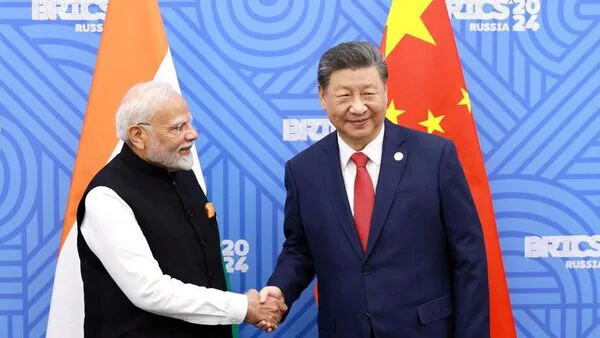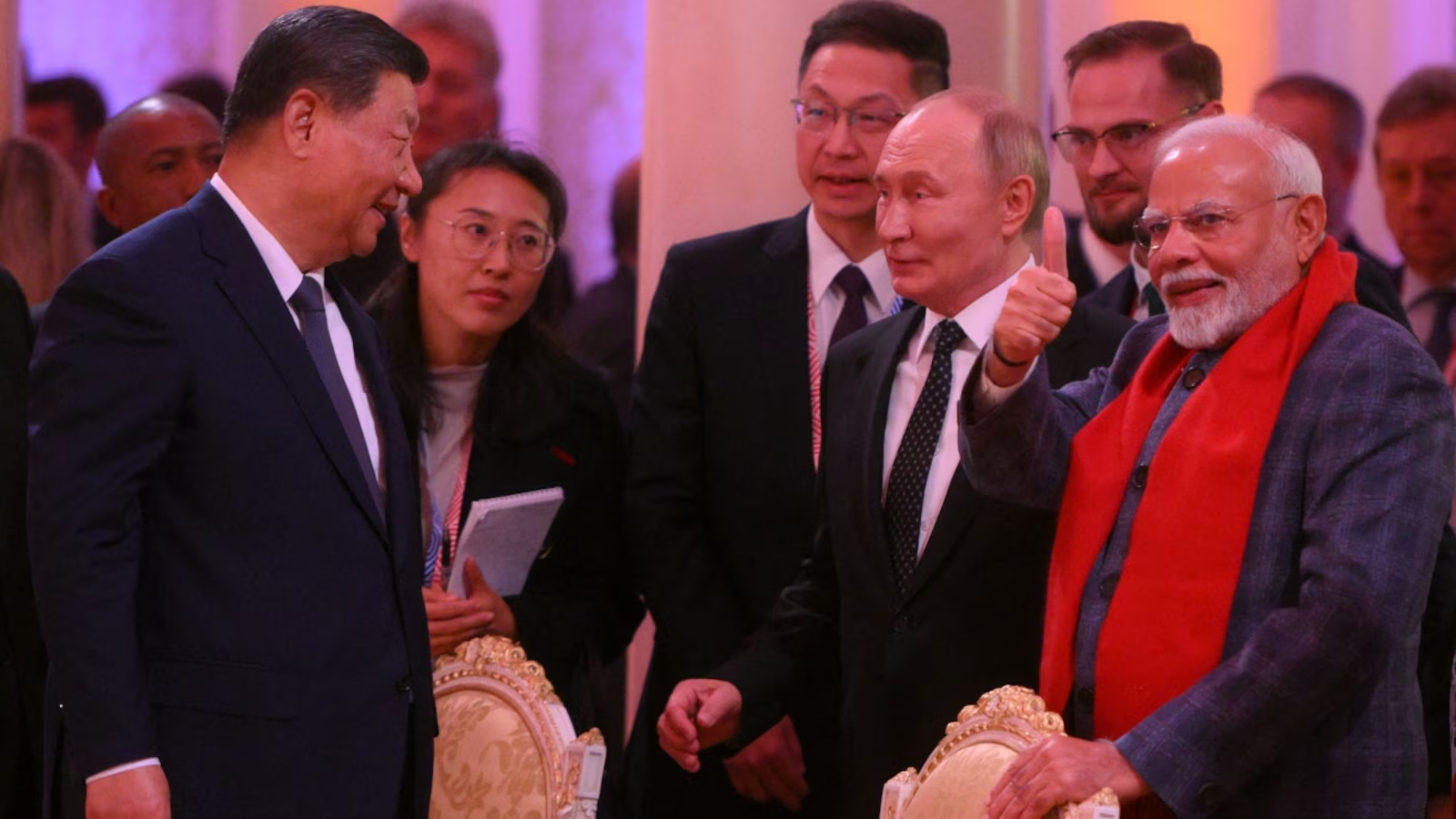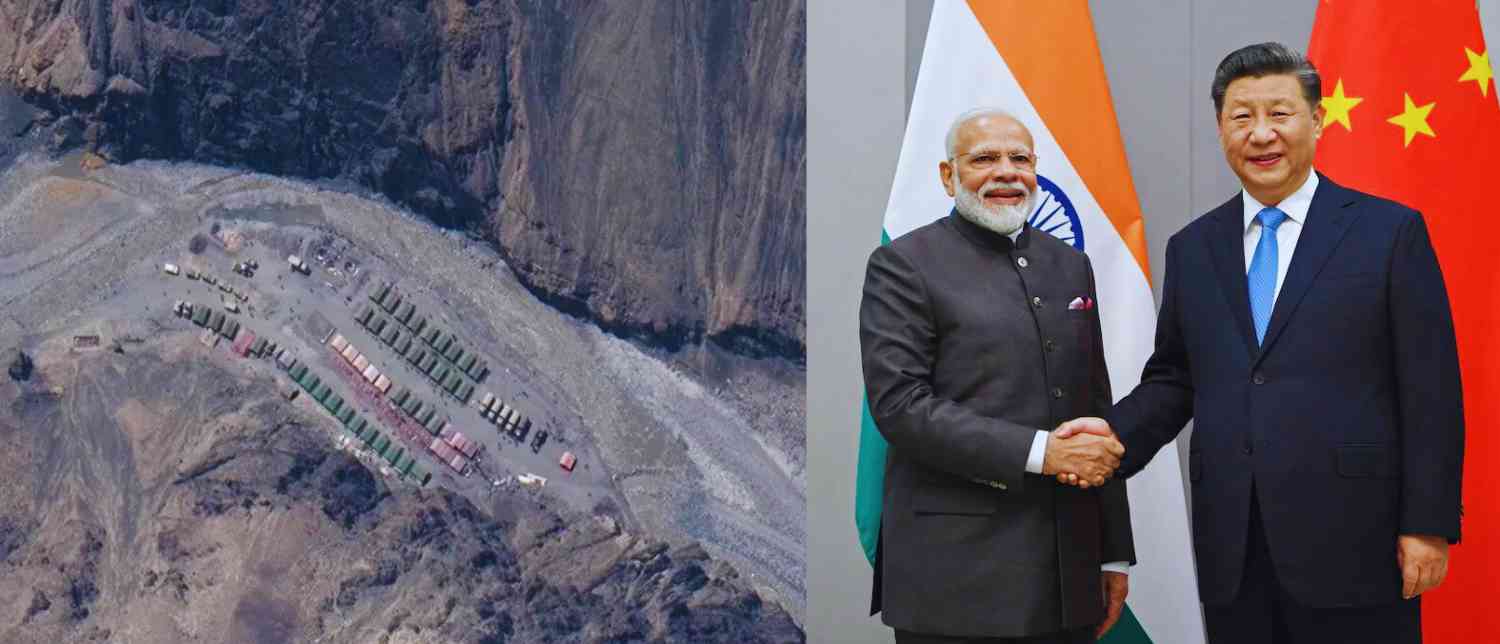Prime Minister Narendra Modi is expected to visit China from August 31 to September 1, 2025, to attend the Shanghai Cooperation Organisation (SCO) Summit in Tianjin. This will be his first visit to China in more than seven years, with the last one occurring in 2018. The visit comes at a significant time, marked by efforts to normalize ties between the two nations after the strained relations resulting from the Galwan Valley clash in 2020, which led to fatalities on both sides and a serious diplomatic freeze.

The SCO summit provides a multilateral platform where India, China, and other member states discuss issues such as regional security, terrorism, and economic cooperation. Prime Minister Modi's participation signals India's continued commitment to engage in regional cooperation through this group, even as bilateral tensions have been challenging. He is also likely to meet Chinese President Xi Jinping on the sidelines of the summit, which could further help in restoring dialogue and stability between the two countries.
This visit is seen as part of a cautious thaw in India-China relations. In recent months, India's External Affairs Minister and Defence Minister have made trips to China, underscoring a deliberate reset in diplomatic contacts. The backdrop to this visit also includes rising trade tensions between India and the United States, especially in light of tariffs imposed on Indian imports and frustrations over India's oil purchases from Russia. These international dynamics appear to be encouraging India to balance its foreign relations pragmatically.
India has historically used the SCO as a forum to push its strategic interests and address concerns such as terrorism emanating from Pakistan, a topic that may remain sensitive given differing views within the organization. The engagement in SCO is also a way for India to assert its influence in Central Asia and the broader Eurasian region without directly confronting China but rather through careful diplomatic navigation.

Although the visit marks a step toward normalizing relations, experts emphasize that India-China ties remain complex, with unresolved border issues and trade restrictions still in place. The SCO summit setting offers a chance not only for public diplomacy but also for India to subtly counterbalance China's regional ambitions without escalating tensions. Overall, Modi's visit reflects a pragmatic approach to maintaining dialogue while protecting national interests amid a shifting geopolitical landscape.
In summary, Prime Minister Modi’s trip to China for the SCO summit after seven years is a vital diplomatic move aimed at engaging with China and other regional players to foster cooperation on security and economic issues. While it represents a hopeful sign of easing tensions, the relationship remains cautious and carefully managed amid competing priorities and challenges on both sides. This visit will be closely watched for how it shapes the future trajectory of India-China relations within the broader context of Asian and global diplomacy.
With inputs from agencies
Image Source: Multiple agencies
© Copyright 2025. All Rights Reserved. Powered by Vygr Media.

























